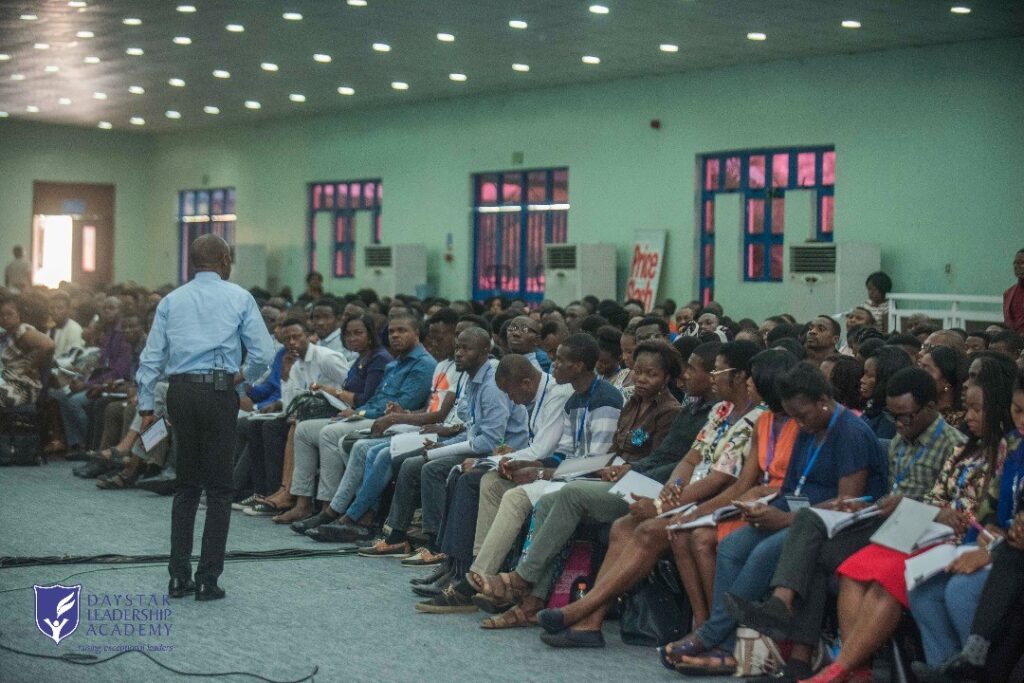Governments that actively encourage and engage with citizen feedback are more likely to thrive both economically and politically. Silencing dissenting voices or discouraging open dialogue can lead to discontent, unrest, and ultimately, instability.
Why Citizen Feedback Matters
Citizen feedback provides invaluable insights into the needs, concerns, and aspirations of the population.
It can:
- Identify Issues: Highlight problems that may be overlooked by those in power.
- Improve Policymaking: Shape policies that are more responsive to the realities on the ground.
- Build Trust: Foster a sense of ownership and engagement among citizens.
- Enhance Transparency: Promote accountability and reduce the risk of corruption.
- Drive Innovation: Encourage creative solutions to societal challenges.
Solutions for Encouraging Citizen Feedback
- Establish Accessible Channels: Create multiple platforms for citizens to express their views, such as online forums, town hall meetings, public consultations, and dedicated feedback mechanisms.
- Protect Freedom of Speech: Guarantee the right to express opinions without fear of reprisal. This includes protecting whistleblowers and ensuring a free and independent press.
- Actively Seek Feedback: Don’t wait for complaints to arise. Proactively seek input from diverse groups, including marginalized communities and those with opposing viewpoints.
- Respond Transparently: Acknowledge feedback, explain how it’s being considered, and communicate decisions clearly. This demonstrates respect for citizens and builds trust.
- Empower Local Government: Decentralize decision-making to local levels where possible, allowing communities to address their specific needs and concerns.
- Educate and Engage: Promote civic education to inform citizens about their rights and responsibilities, and encourage participation in the democratic process.
When you look at this article from a family perspective, you will realize that a leader that is not open to this probably has something to do with how the leader was raised.
What kind of culture, environment, and association is this person surrounded with while growing up?
This further reinforce the critical role family plays in the type of leader we produce, which ultimately defines the effectiveness of the leader.
Conclusion
Encouraging open dialogue is not just a matter of good governance; it’s a strategic imperative for nations seeking to thrive in the 21st century. By embracing citizen feedback, governments can unlock a wealth of knowledge and creativity, leading to more effective policies, stronger economies, and a more stable and resilient society.
Reflection:
Take a look at the crisis and protests going on from one country to the other and use the perspective of this article to analyze the situation.
What are your views?
Kindly contribute and let us keep the conversation going.

